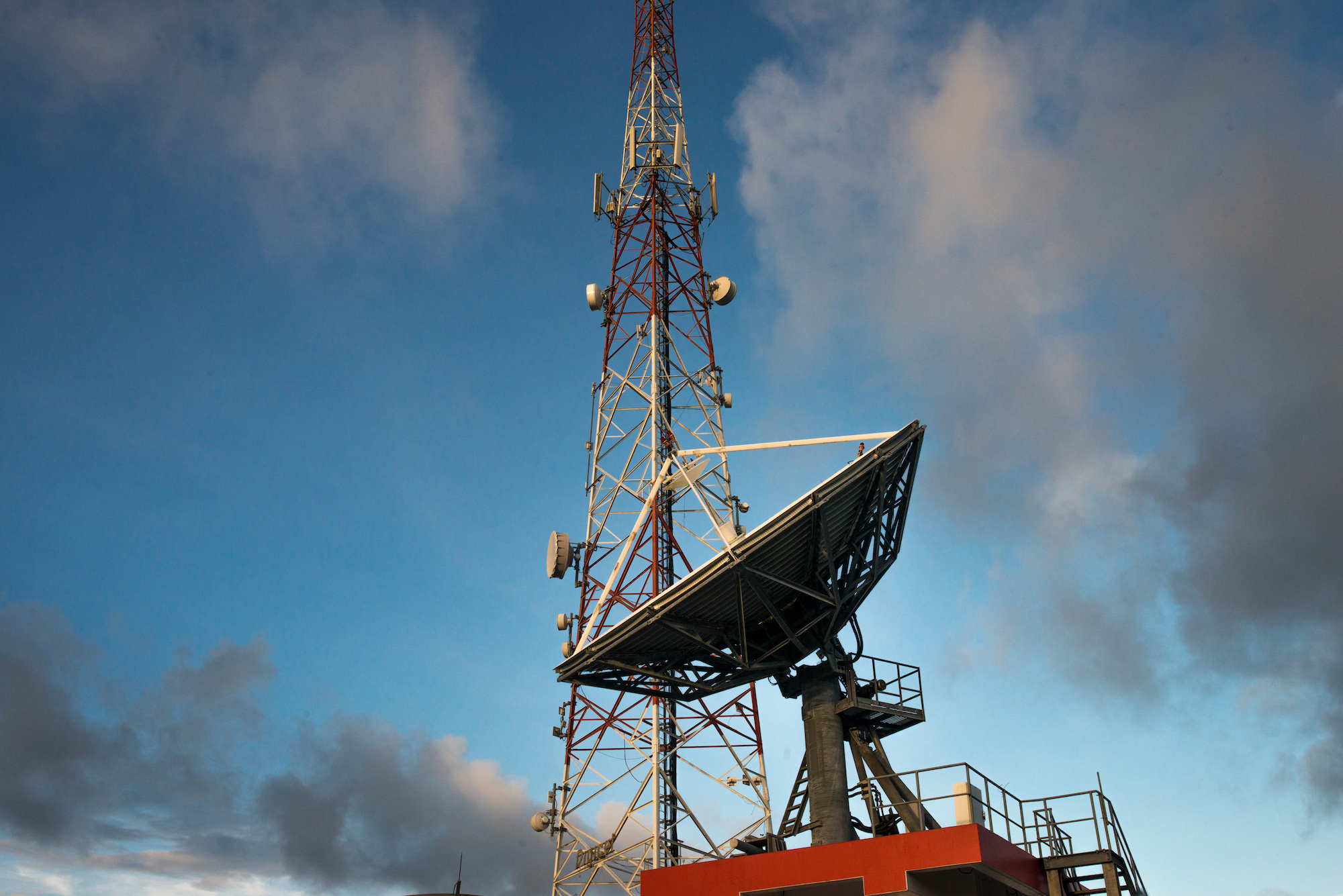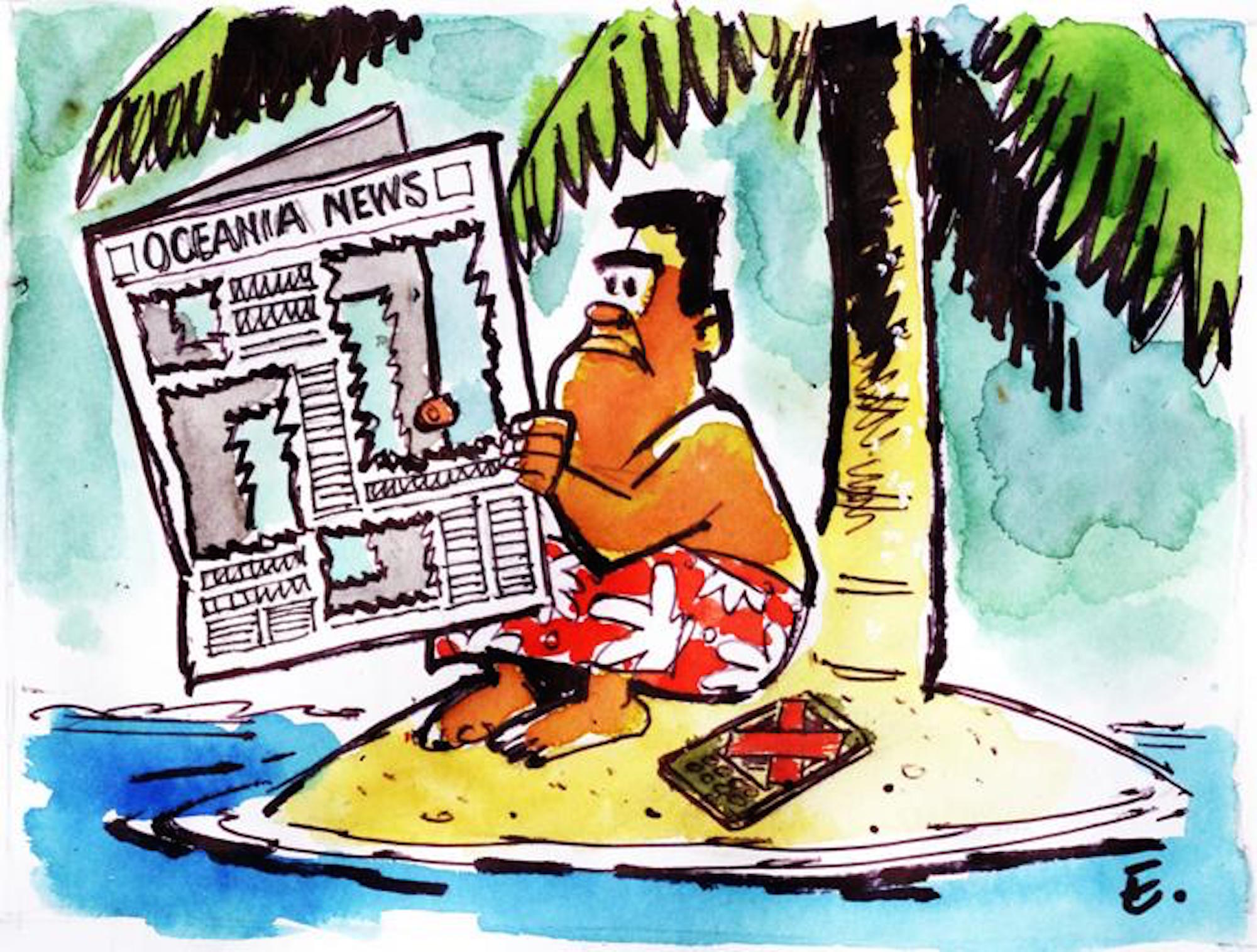Some may express a lack of concern about evidence of intelligence agencies ‘hoovering up’ every single communication across the southwest Pacific. But that doesn’t mean it isn’t illegal and wrong. Comprehensive surveillance of the kind we are experiencing under the NSA’s regime of total information awareness is a threat to our freedom of conscience, expression and association. More the point, it’s just not how allies should act.
Samoan prime minister Tuilaepa Sailele recently offered a public reaction to the news that New Zealand’s Government Communications Security Bureau, or GCSB, had moved in 2009 from occasional, targeted electronic surveillance tactics to ‘full-take’ collection. Mr Sailele showed his trademark forthrightness in asserting that the proper term for spying was ‘diplomacy’ and that it happened all the time.
This is a mischaracterisation. To conflate the sometimes confidential and always delicate role of the diplomat with someone rooting through literally everything you send over a wire is misguided, and does a significant disservice to diplomats. It’s a little rich, too, when someone who has ‘nothing to hide’ also has no problem with the physical intimidation of the Samoan media.
Let’s be perfectly clear about one thing: There is a world of difference between the intelligence gathering that allies conduct between themselves—often cooperatively—and the kind of thing of which New Zealand stands accused. Read more “The intelligence game”


